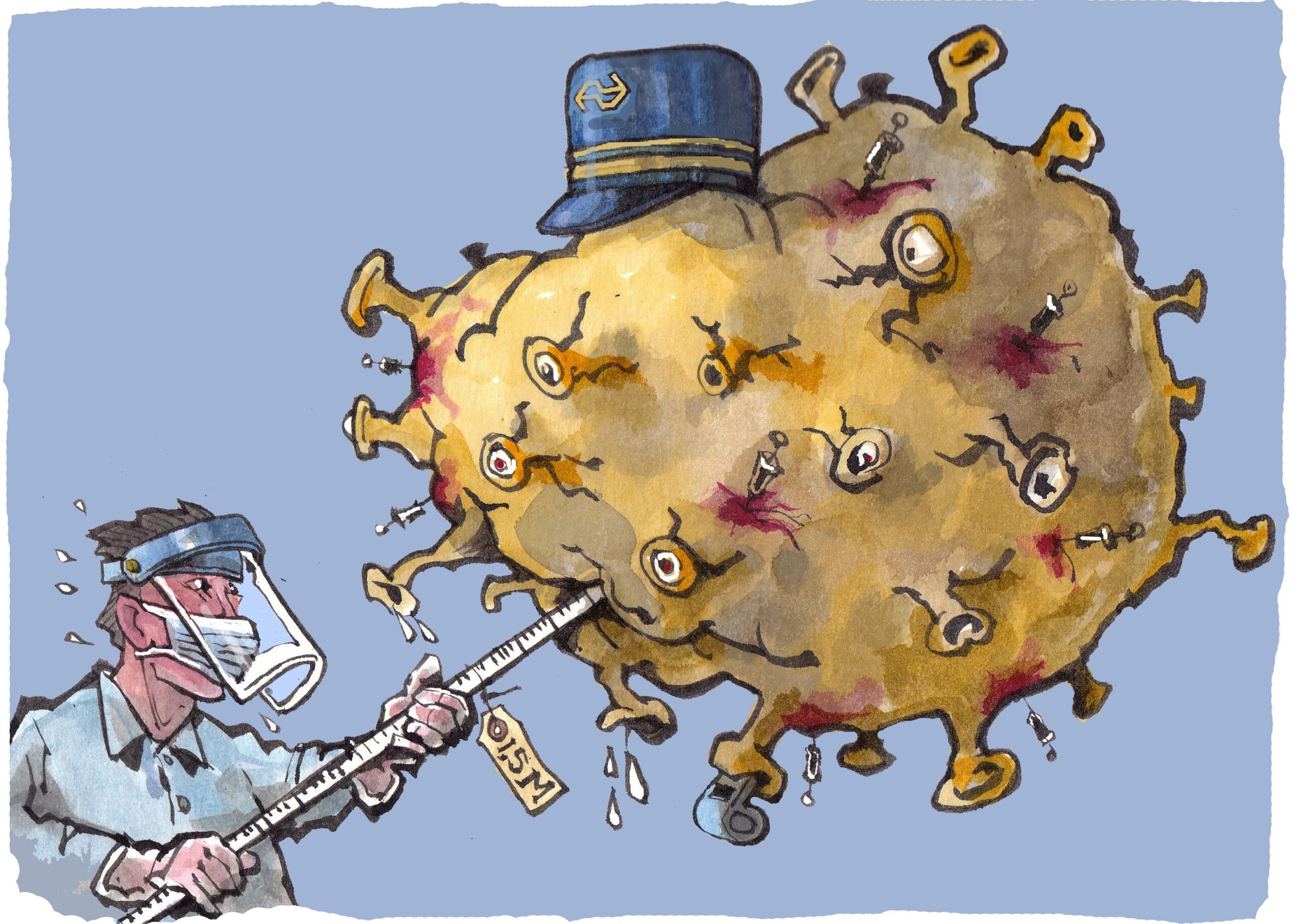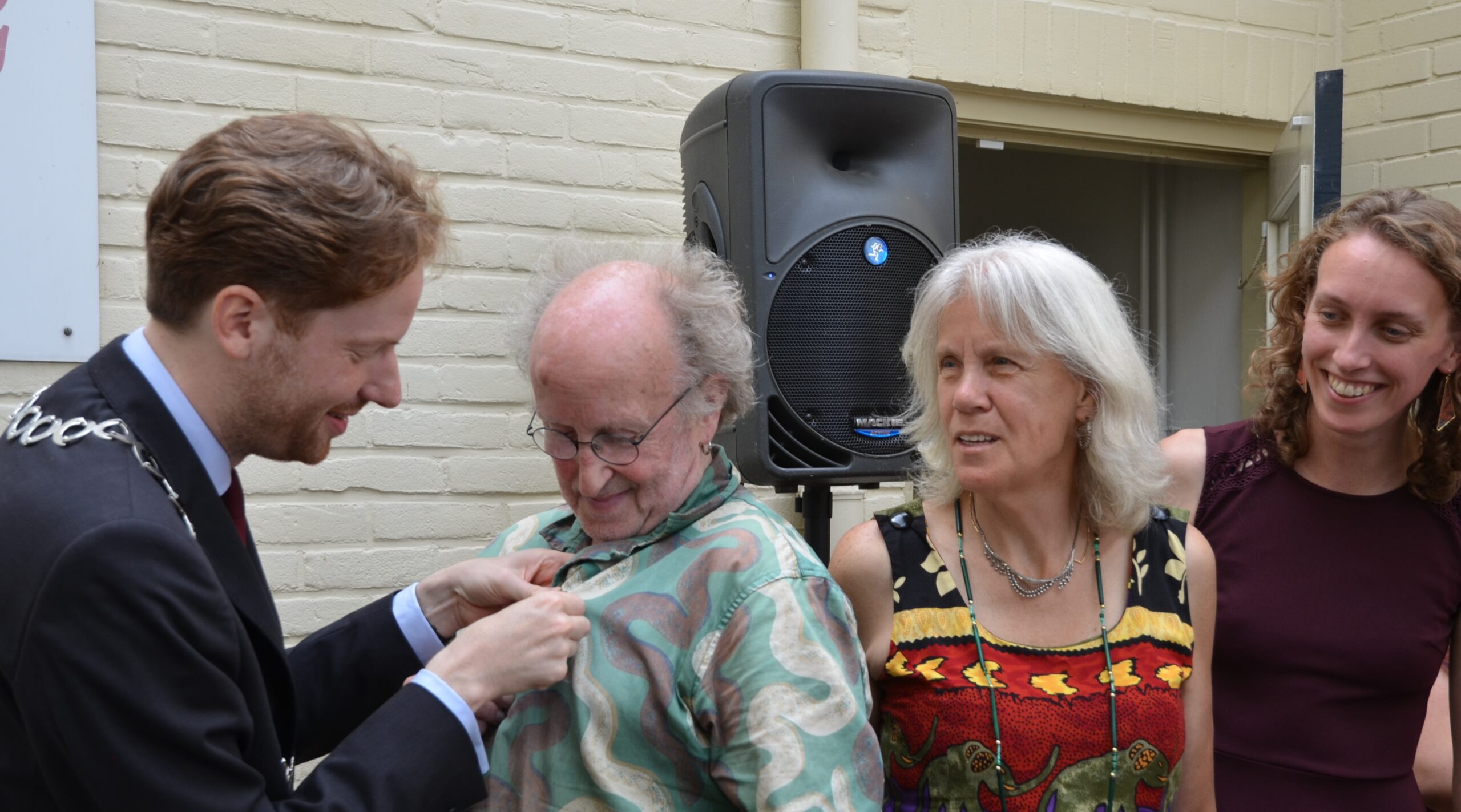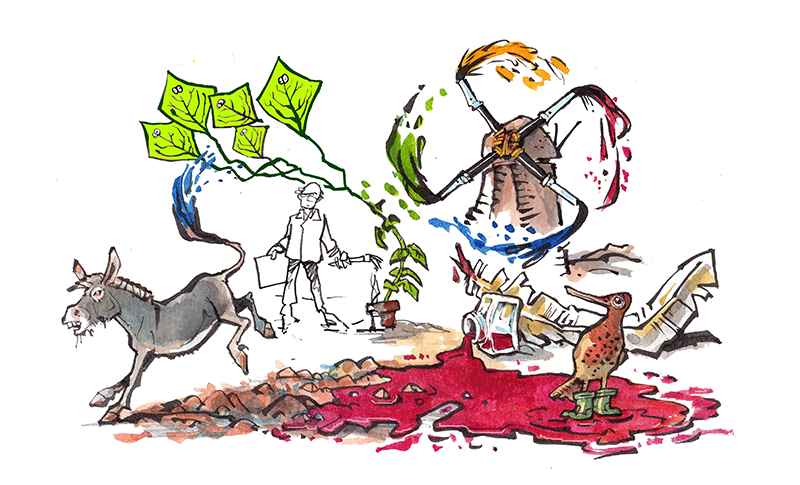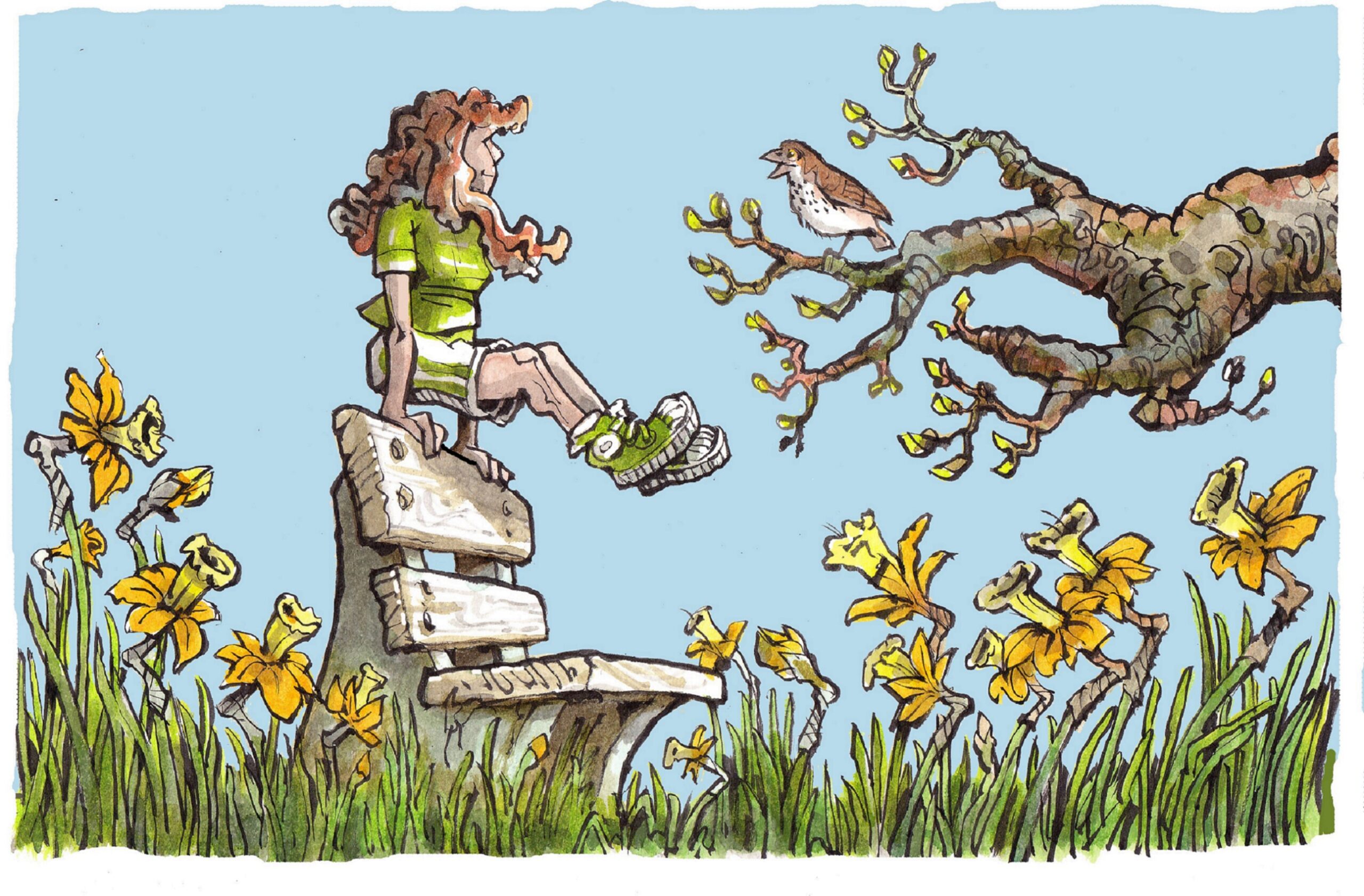One day, I wanted to go to Amsterdam by train and I checked the COVID-related rules on the NS website. It says that the use of a face mask on the train is mandatory, and that these face masks can be purchased from various shops at train stations and in many station vending machines.
When I read ‘face mask’, I thought they probably meant a face shield. But I wasn’t sure. Then I did some research about it on Google. I found websites mentioning face masks, but also websites about ‘mouth masks’. Ah, I thought, maybe the face mask is like a face shield and the mouth mask is the one that covers the mouth and nose.
It was an example of the Dutch getting lost in translation
So on the day I was traveling, I went to a vending machine at the train station. But I couldn’t find any face shields, only mouth masks. I looked around and in the hall and on the platforms I saw only people wearing mouth masks. No one was using a face shield. So I thought that the rule probably no longer applied.
After the trip, I asked Dutch friends about it and they said face masks and mouth masks are actually the same thing: people use the terms interchangeably. The term mouth mask is just an example of the Dutch getting lost in translation.
Later, I did further research about it on Google. And it is true, it is only the Dutch who use the term ‘mondkapje’, or ‘mouth mask’.
This Typical Dutch was sent in by Ibnu Budiman, a PhD candidate in the Health and Society Group, from Indonesia.
Do you have a nice anecdote about a ‘typical Dutch’ experience? Send it in to us (300 words max)! The prize for publication is 25 euros and a jar of Dutch sweets. resource@wur.nl

 Illustration: Henk van Ruitenbeek
Illustration: Henk van Ruitenbeek 

